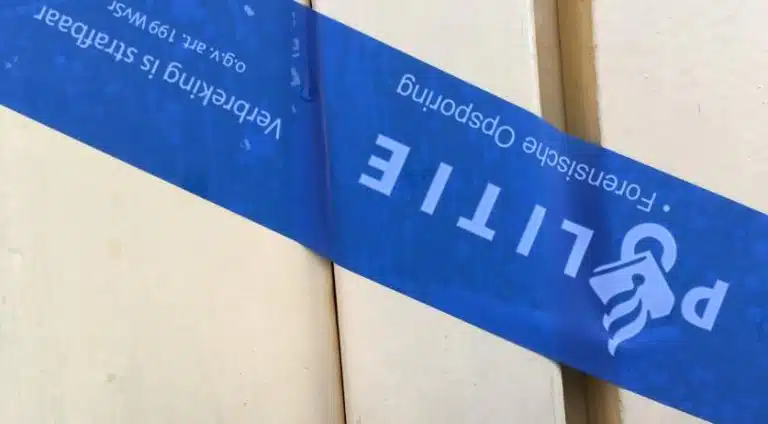Pyrorank – new age of search

A group of engineers from the Courant Institute of Mathematical Sciences at New York University has developed the Pyrorank algorithm, which should change the practice of information search and cope with the “curse of the information bubble.”
As you know, over the past decades, search results have become a marketing tool. Software giants like Google or the owners of social networks have tweaked the algorithms so that the user receives results based on his social profile, interests and previous actions. Convenient for salespeople, but not useful for people: this is how algorithms imperceptibly locked each of us in an “information bubble” in which nothing new gets into.
This phenomenon was first recorded and described by Internet activist Eli Paraiser in his book “Filter Bubbles”, published in 2011. Eli Paraiser warned in his book that information bubbles “shut us off from new ideas, subjects, and important information” and “make it appear that our narrow self-interest is everything that exists and surrounds us.” This has the potential to harm both the individual and society as a whole: the “invisible editing algorithm on the web” can “limit the acquisition of new information and narrow the scope of the diversity of this information.” According to Paraiser, the harmful effect of the “filter bubble” on society is to undermine the formation of “citizen opinion”, it makes people more vulnerable to “propaganda and manipulation.”
So the Pyrorank algorithm is designed to break this “bubble” and get users out of the endless cycle of repetitive recommendations, reducing the impact of user profiles on the search engine, while maintaining important and diverse results. To make things more neutral and less biased, Pyrorank is adding more of the newest and most relevant content to the recommendation system.
There have already been practical tests in which Pyrorank has outperformed existing search algorithms, producing results unlike previous ones, on answers for other similar users and on past online purchases.
If this algorithm is released into the open world, it could make life harder for marketers, but improve the user experience. It will also give small companies and independent media a chance to catch the eye of the right audience without injecting fabulous budgets into contextual advertising and overwhelming competition with big business.
Writer Rovendo
Original content license agreement Creative Commons Attribution 4.0 license







